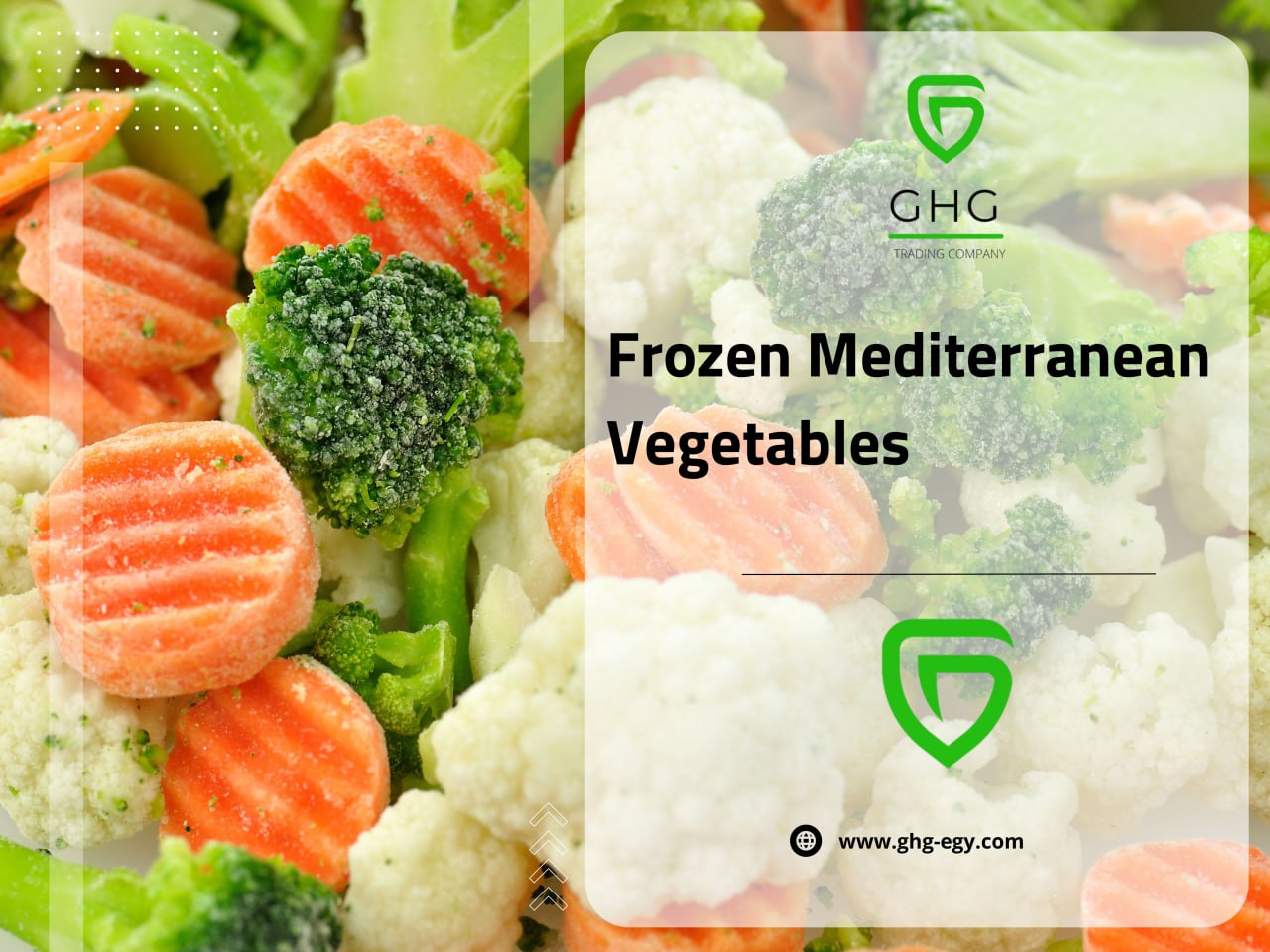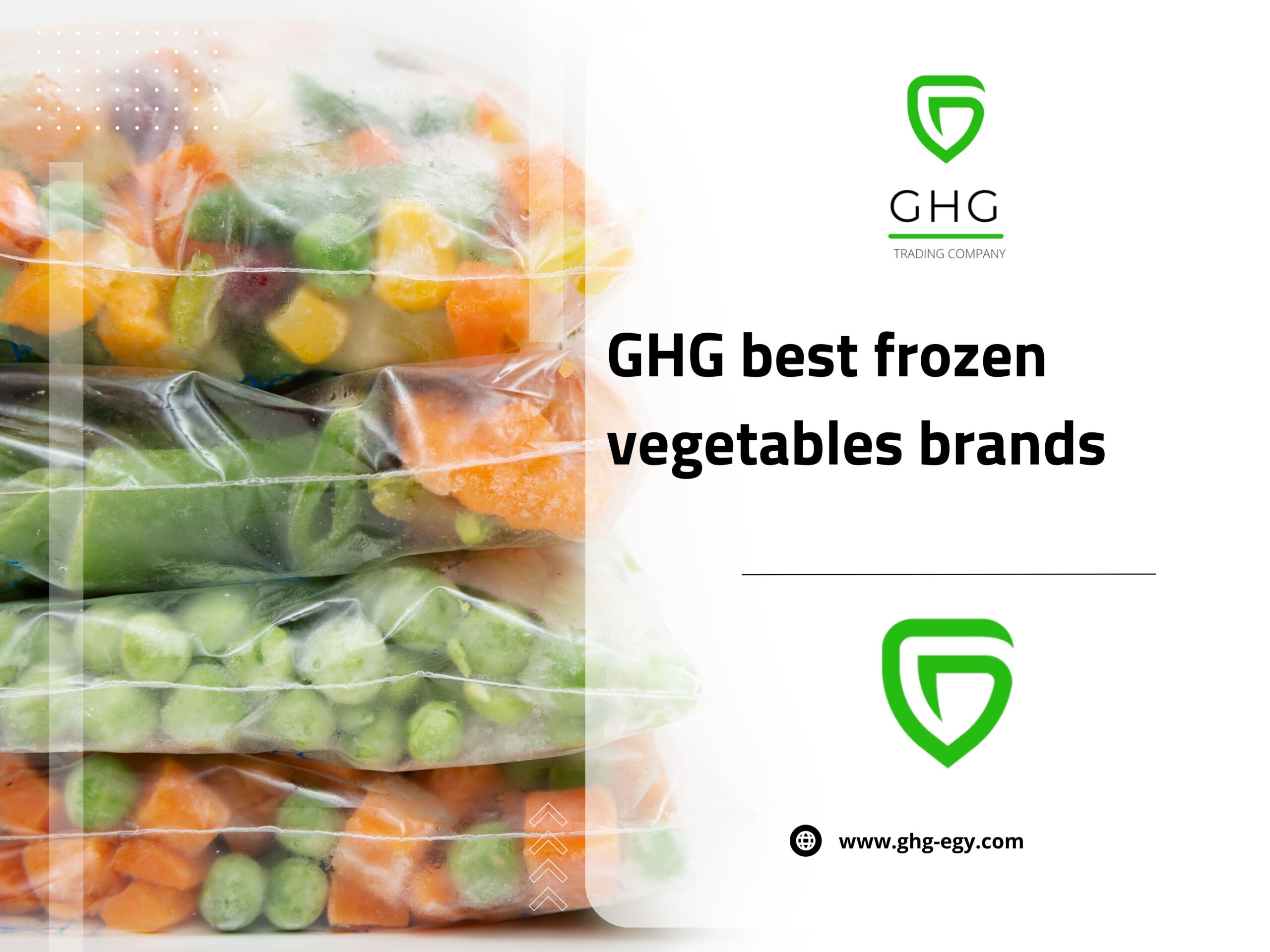In recent years, frozen Mediterranean vegetables have gained popularity as a convenient and nutritious option for consumers looking to add more vegetables to their diet. Let’s explore the benefits, processing techniques, market trends, and cooking tips associated with these frozen delights.
Definition of Mediterranean vegetables
Mediterranean vegetables refer to a variety of produce commonly found in Mediterranean cuisine, including tomatoes, bell peppers, zucchini, eggplant, and onions. These vegetables are known for their vibrant colors, rich flavors, and versatility in cooking.
Growing popularity of frozen vegetables
Frozen Mediterranean vegetables are becoming increasingly popular due to their convenience, long shelf life, and nutritional value. They offer consumers a convenient way to incorporate healthy vegetables into their meals without the hassle of washing, chopping, and cooking from scratch.
Health Benefits of Mediterranean Vegetables
Nutrient-rich and antioxidant-packed
This vegetables are packed with essential vitamins, minerals, and antioxidants that support overall health and well-being. They are particularly rich in vitamin C, vitamin A, potassium, and fiber, which are essential for immune function, vision health, and digestion.
Role in promoting heart health and reducing inflammation
The Mediterranean diet, which emphasizes vegetables, fruits, whole grains, and healthy fats, has been associated with numerous health benefits, including reduced risk of heart disease, stroke, and inflammation-related conditions. Frozen Mediterranean vegetables offer a convenient way to incorporate these heart-healthy foods into everyday meals.
Processing and Freezing Techniques
Harvesting and selection of fresh vegetables
Frozen Mediterranean vegetables are typically sourced from local farms and fields during peak harvest seasons when they are at their freshest and most flavorful. Farmers carefully select and harvest the vegetables at their peak ripeness to ensure optimal flavor and nutrition.
Blanching and flash-freezing methods
Upon harvest, the vegetables are quickly blanched in hot water or steam to halt enzyme activity and preserve color, texture, and flavor. They are then rapidly cooled and individually quick-frozen (IQF) to lock in freshness and nutrients. This flash-freezing process ensures that the vegetables retain their natural taste and nutritional value.

Varieties of Frozen Mediterranean Vegetables
Common types such as bell peppers, zucchini, eggplant, and tomatoes
Frozen Mediterranean vegetable blends often include a variety of colorful and flavorful vegetables such as bell peppers, zucchini, eggplant, and tomatoes. These vegetables are versatile ingredients that can be used in a wide range of recipes, from soups and stews to pasta dishes and salads.
Specialty blends and mixes
In addition to traditional Mediterranean vegetables, frozen food manufacturers offer specialty blends and mixes that cater to specific dietary preferences and culinary trends. These blends may include exotic vegetables, herbs, and spices, allowing consumers to experiment with new flavors and cuisines.
Convenience and Versatility
Quick and easy meal preparation
One of the primary advantages of frozen Mediterranean vegetables is their convenience. They eliminate the need for washing, peeling, and chopping, saving time and effort in the kitchen. With frozen vegetables on hand, consumers can whip up nutritious meals in minutes, whether they’re cooking for one or feeding a family.
Versatile ingredients for various cuisines and recipes
Frozen Mediterranean vegetables are incredibly versatile and can be used in a wide range of cuisines and recipes. From classic Mediterranean dishes like ratatouille and Greek salad to international favorites like stir-fries, curries, and casseroles, the possibilities are endless.
Quality Control and Food Safety
Stringent quality control measures
Frozen vegetable manufacturers adhere to stringent quality control measures to ensure that their products meet the highest standards of safety, freshness, and flavor. They conduct regular inspections and testing throughout the production process to detect and eliminate any potential contaminants or defects.
Compliance with industry standards and regulations
Frozen Mediterranean vegetable manufacturers comply with industry standards and regulations governing food safety, labeling, and packaging. They follow strict hygiene practices, traceability protocols, and quality assurance procedures to uphold the integrity of their products and protect consumer health.
Sustainable Farming Practices
Importance of sustainable agriculture
Many frozen vegetable manufacturers prioritize sustainability and environmental stewardship in their sourcing and production practices. They work with local farmers who use sustainable agriculture techniques such as crop rotation, soil conservation, and water management to minimize their environmental impact.
Supporting local farmers and communities
By sourcing produce from local farmers, frozen vegetable manufacturers support local economies and communities. They create jobs, provide economic opportunities, and contribute to the vitality of rural agricultural regions.
Nutritional Comparison with Fresh Vegetables
Retention of vitamins and minerals
Contrary to popular belief, They are comparable in nutritional value to fresh vegetables. The flash-freezing process used to preserve frozen vegetables locks in essential vitamins and minerals, ensuring that they retain their nutritional potency even after months of storage.
Convenient alternative to fresh produce
They offer a convenient and cost-effective alternative to fresh produce, especially during off-seasons or in regions where fresh vegetables are scarce or expensive. They provide consumers with access to nutritious vegetables year-round, regardless of geographical location or seasonal availability.

Market Trends and Consumer Preferences
Growing demand for convenience foods
The busy lifestyles of modern consumers have fueled the demand for convenient and ready-to-eat foods, including frozen vegetables. Frozen Mediterranean vegetables offer a hassle-free solution for busy individuals and families looking to enjoy healthy meals without sacrificing taste or nutrition.
Shift towards healthier eating habits
As consumers become more health-conscious and mindful of their dietary choices, there is a growing demand for nutritious and minimally processed foods. Frozen Mediterranean vegetables are perceived as a healthy and convenient option for adding more vegetables to the diet and reducing reliance on processed foods.
Cooking Tips and Recipes
Creative ways to incorporate frozen Mediterranean vegetables
There are countless ways to incorporate frozen Mediterranean vegetables into everyday meals. They can be used as a standalone side dish, added to soups, stews, and casseroles, or blended into smoothies and sauces for an extra dose of nutrition.
Recipes for salads, stir-fries, and pasta dishes
Frozen Mediterranean vegetables are incredibly versatile and can be used in a variety of recipes. From vibrant salads and hearty stir-fries to comforting pasta dishes and savory tarts, there are endless possibilities for incorporating frozen vegetables into your favorite meals.
Storage and Shelf Life
Proper storage techniques to maintain quality
To maintain the quality and freshness of frozen Mediterranean vegetables, it’s essential to store them properly. Keep them in the freezer at 0°F or below in airtight containers or resealable bags to prevent freezer burn and maintain flavor and texture.
Shelf life considerations for frozen vegetables
Frozen Mediterranean vegetables typically have a long shelf life of up to 12 months or more if stored properly. However, it’s best to use them within six to eight months for optimal flavor and quality.
Cost-Effectiveness
Economic benefits of purchasing frozen vegetables
Frozen Mediterranean vegetables offer significant cost savings compared to fresh produce, especially when purchased in bulk or on sale. They eliminate the need for frequent grocery trips and reduce food waste by allowing consumers to use only what they need when they need it.
Reduction of food waste
Frozen vegetables help reduce food waste by extending the shelf life of perishable produce and minimizing spoilage. They can be stored in the freezer for months without losing flavor or nutritional value, making them a sustainable and budget-friendly choice for consumers.
Branding and Packaging
Importance of attractive packaging and branding
Packaging plays a crucial role in attracting consumers to frozen Mediterranean vegetables. Eye-catching graphics, informative labels, and convenient packaging formats help differentiate products on the shelf and communicate key benefits and features to consumers.
Marketing strategies to attract consumers
Frozen vegetable manufacturers employ various marketing strategies to promote their products and attract consumers. They leverage social media, online advertising, and influencer partnerships to raise awareness, generate buzz, and drive sales.
Future Outlook
Potential for innovation and product development
The future of frozen Mediterranean vegetables looks promising, with opportunities for innovation and product development. Manufacturers are exploring new varieties, flavors, and packaging formats to meet the evolving needs and preferences of consumers.
Emerging trends in the frozen food industry
Several trends are shaping the future of the frozen food industry, including the rise of plant-based diets, the demand for clean-label products, and the adoption of sustainable packaging solutions. Frozen Mediterranean vegetables are well-positioned to capitalize on these trends and maintain their popularity among health-conscious consumers.
Conclusion
In conclusion, frozen Mediterranean vegetables offer a convenient, nutritious, and versatile option for consumers looking to incorporate more vegetables into their diet. With their long shelf life, ease of preparation, and culinary versatility, frozen vegetables are a convenient solution for busy individuals and families seeking healthy and delicious meal options.
FAQs
- Are frozen Mediterranean vegetables as nutritious as fresh vegetables?
Yes, They are comparable in nutritional value to fresh vegetables. The flash-freezing process used to preserve frozen vegetables locks in essential vitamins and minerals, ensuring that they retain their nutritional potency.
- How long can frozen Mediterranean vegetables be stored in the freezer?
Frozen Mediterranean vegetables typically have a shelf life of up to 12 months or more if stored properly. However, it’s best to use them within six to eight months for optimal flavor and quality.
- Can frozen Mediterranean vegetables be used in recipes that call for fresh vegetables?
Yes, They can be used as a convenient substitute for fresh vegetables in most recipes. Simply thaw them before cooking or add them directly to dishes for a quick and easy meal.
- What are some creative ways to use frozen Mediterranean vegetables?
They can be used in a variety of dishes, including salads, stir-fries, soups, stews, pasta dishes, and casseroles. They can also be blended into smoothies and sauces for added nutrition.
- Are frozen Mediterranean vegetables environmentally friendly?
Many frozen vegetable manufacturers prioritize sustainability and environmental stewardship in their sourcing and production practices. By supporting local farmers and implementing sustainable farming practices, they minimize their environmental impact and contribute to a more sustainable food system.



